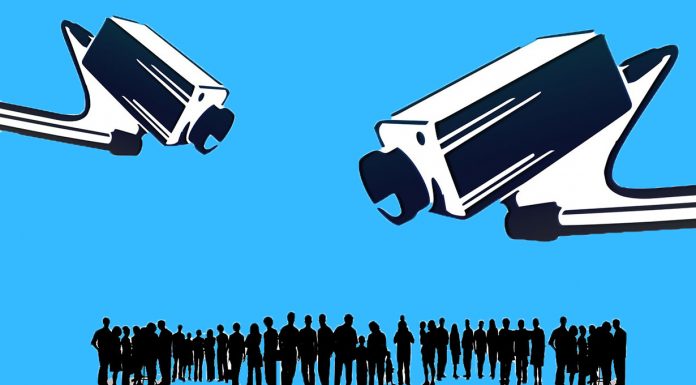With China's top governing body voting to adopt a new law on personal information protection, that will come into force from November 1, the Chinese tech firms are set to come under renewed scrutiny. The Chinese lawmakers approved the law at the closing meeting of a regular legislative session of the Standing Committee of the National People's Congress (NPC) last week.
The development of big data brings convenience to life but also breeds chaos: some platforms over-collect personal information; some businesses install image acquisition equipment without authorisation and secretly record customers' faces and other biological characteristics.
China has always attached great importance to personal information security. The law on personal information protection clarifies rules on the processing and cross-border providing of personal information.
“Currently, the whole society pays close attention to new technologies such as user profiling and recommendation algorithms, and problems including big data-enabled price discrimination have arisen,” Zang Tiewei, spokesperson for the Legislative Affairs Commission of the NPC Standing Committee said.
The law makes provisions prohibiting the excessive collection of personal information and big data-enabled price discrimination against existing customers. When pushing information and business marketing to individuals through automated decision-making, personal information processors should provide options that don't target personal characteristics at the same time, or offer ways of rejection, says the law.
It asks internet giants, which possess the personal information of a large number of users, to set up an independent body mainly composed of outsiders to supervise how the information is handled.
These big internet platforms are also required to formulate their own rules on personal information protection following the principles of openness, fairness and justice, and publish social responsibility reports on personal information protection on a regular basis, according to the law.
It also requires prominent signs to be set up at public places where image acquisition and personal identification equipment is installed, stipulating that the collected images and identification information can only be used for safeguarding public security.
Strengthening protection for minors, the law deems personal information of minors under 14 as sensitive, asking personal information processors to formulate special processing protocols for the group. China had 989 million internet users by the end of 2020, of whom 183 million were minors.











